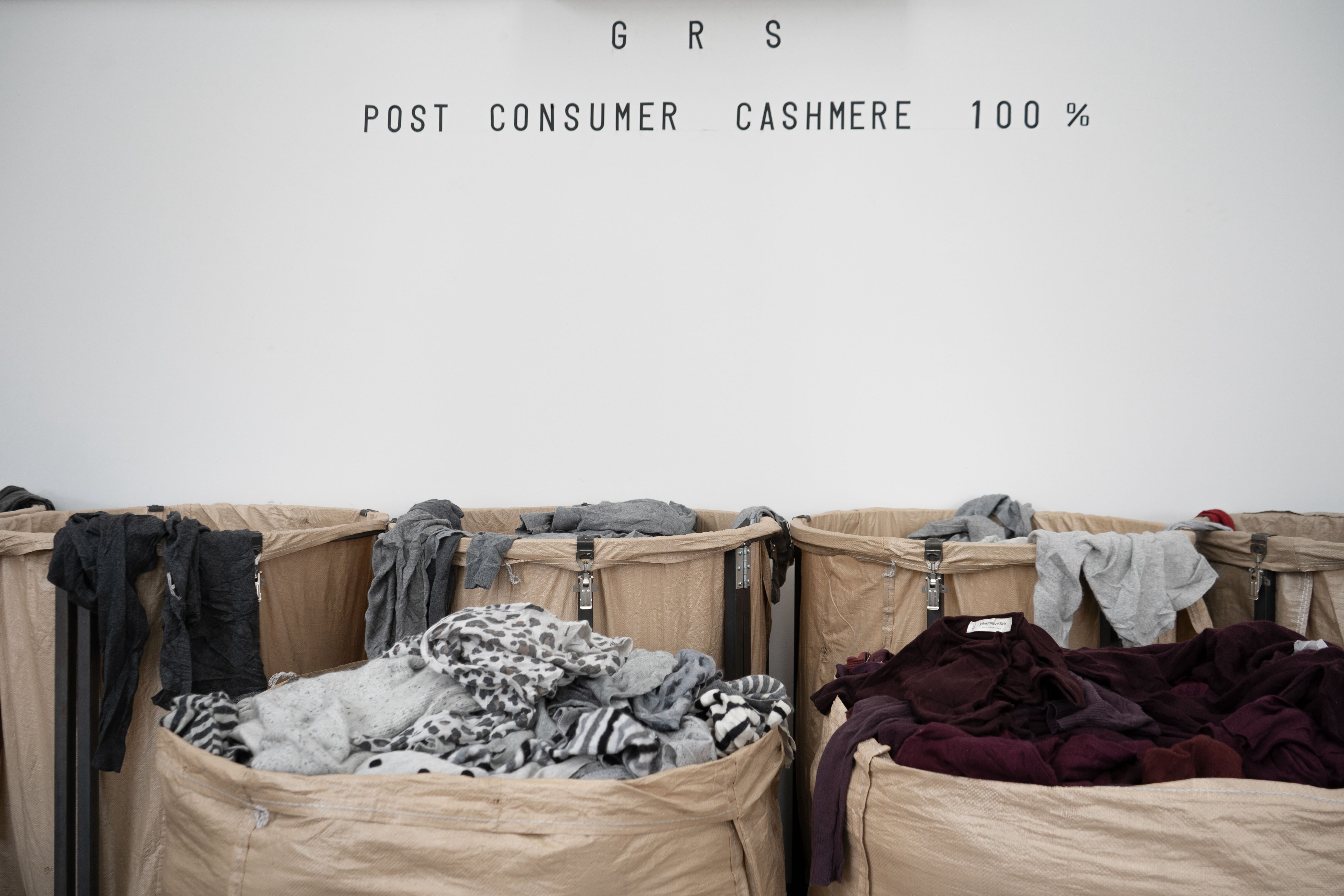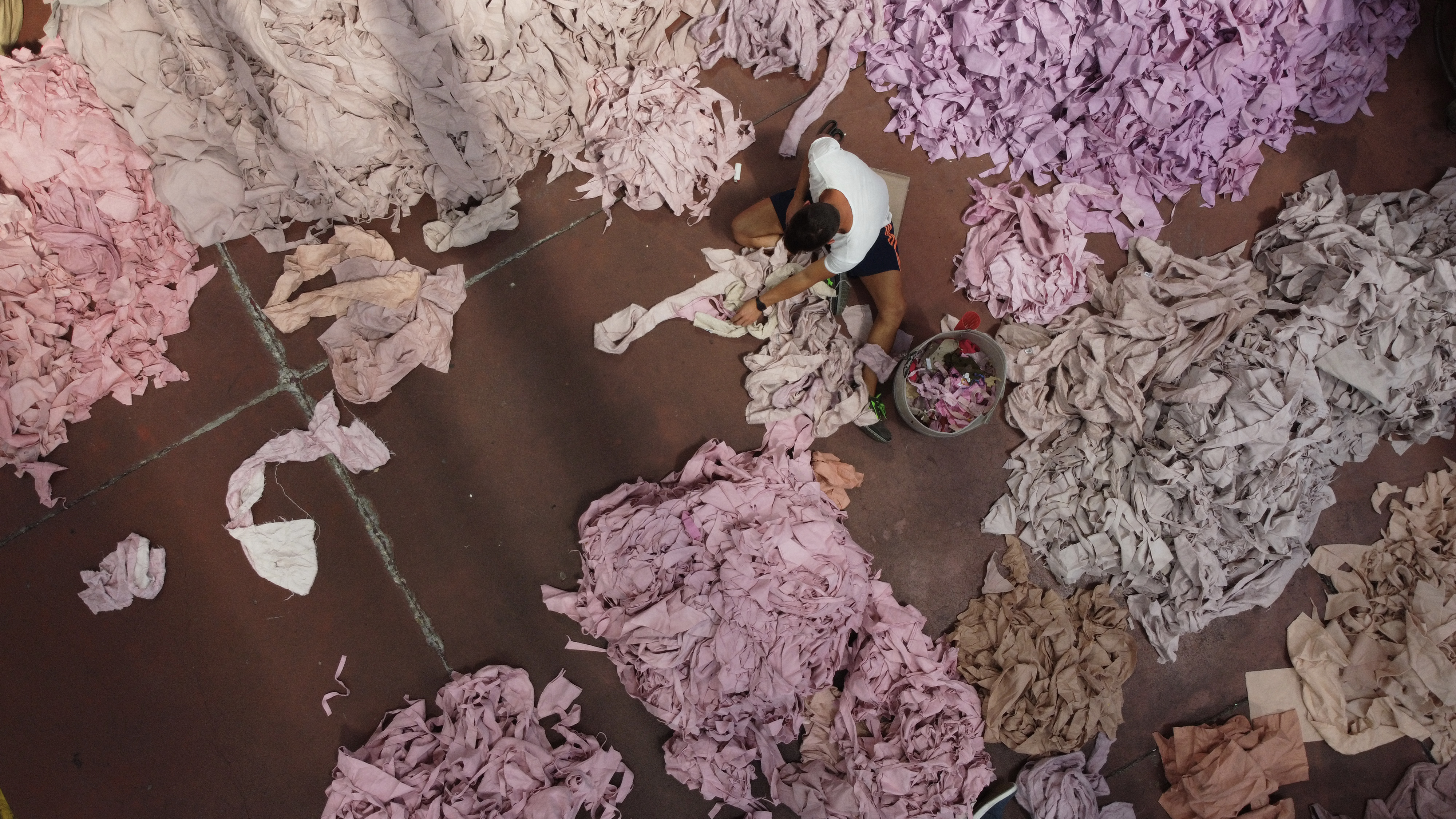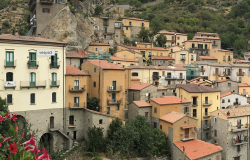Editor’s note: This article is not sponsored, but spotlights a brand our team has partnered with for our 2024 holiday membership offer. We admire Rifò’s mission and products and think our readers will, too.
Prato is the textile capital in Tuscany that you’ve probably never heard of.
There, 18 miles north of Florence, is one of the largest textile industries in Europe where fabrics and garments are produced for fashion labels across Italy. While many of the area factories fall under the fast-fashion umbrella, Prato is also a hub for sustainable practices and commitments that diverge from the dominant model.
What’s old is new again

Rifò, an inflection in Tuscan dialect of the verb rifare (meaning "to remake, to redo"), has put sustainability, and the centuries-old practice of local workers known as cenciaioli — roughly translated as ragmen — at the center of its business model. The company uses recycled wool, cashmere, cotton and denim to create fabrics and yarns that become sweaters, scarves, gloves, shirts and tote bags. The products, sold in its online shop and stockists in more than 300 stores globally, along with a program to recycle used clothing, led Rifò to be awarded B Corp certification in 2020 for its commitment to social and environmental impact.
We were impressed with Rifò’s focus on sustainability and partnered with them for our limited-edition In Città Totes. Designed with sturdy cotton fabric, a zipper, and a bespoke illustration, they are crafted for long use, like all Rifò products. We recently went on one of Rifò’s textile tours to see the process behind what the company sells.

The tradition of cenciaioli in Prato dates back to World War II, when military clothing was given a new life by sorting fabric remnants to find the best to turn into coats, pants and jackets. Seeing the process of sorting at Rifò’s partner factory and how those fabrics are turned into its products was eye-opening. The labor itself is tedious and physically taxing. Cenciaioli must sit on the floor to do the sifting; this can take hours — and is hardly easy on the back muscles, as one longtime worker acknowledged. But this step in the process, he stressed, can’t be automated; it takes a knowledgeable human hand.
The roots of Rifò

Rifò was founded in 2017 to be part of the solution to the problem of clothing industry waste and overproduction. It’s no secret that mountains of unsold party dresses, screen-print T-shirts, ripped jeans and polyester tank tops are dumped in South Asia or Africa in an economic system based on quantity over quality. Seeing this practice firsthand while working in Vietnam with the United Nations led Niccolò Cipriani to return to his hometown Prato and found Rifò. Today the company, in addition to producing its own made-to-last clothing line, runs initiatives that reach outside the fashion industry, helping to spread a sustainability mindset in the local community. When Prato and area residents have at least five items of old or unworn knitwear to get rid of, for example, Rifò will come by to collect them at their own expense for upcycling. They keep a bin for items to donate in their store, too.
The sustainability the fashion industry needed was already in Cipriani’s backyard.








